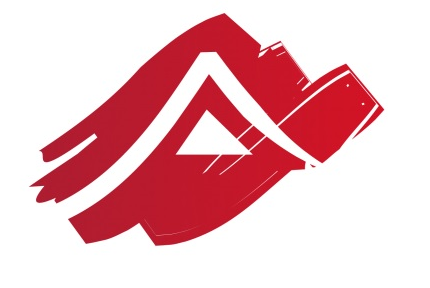 So far, the HR Director focused mainly on the following functions: recruitment, remuneration, individual employment law, collective labor law, retention, monitoring and training of employees … The HR was seen rather as a support function. This function is now becoming more and more integrated into the business strategy. This approach is illustrated by the fact that HR is essential in executive committees, according to the HR Barometer published by Deloitte indicating that HR is present in 88% of Companies Boards of CAC 40 and SBF 120. The trend is the same in the other developing and emerging countries.
So far, the HR Director focused mainly on the following functions: recruitment, remuneration, individual employment law, collective labor law, retention, monitoring and training of employees … The HR was seen rather as a support function. This function is now becoming more and more integrated into the business strategy. This approach is illustrated by the fact that HR is essential in executive committees, according to the HR Barometer published by Deloitte indicating that HR is present in 88% of Companies Boards of CAC 40 and SBF 120. The trend is the same in the other developing and emerging countries.
The HR Director becomes one of the pivots of the strategy in an economy more and more oriented to the knowledge, the immaterial and the new technologies. The companies which succeed best in France and in the world are the ones which have engaged a strategy of internationalization of their products and their services. To remain very successful, these companies need to recruit these powerful and highly qualified profiles in the best universities in the world, who must also demonstrate flexibility, agility, openness and transparency. It is not uncommon to see that the management and training of high-potential talents is no longer located in France, Europe or US… but in an emerging country with high growth on the Pacific region. China shelters for example the pole of the high potential profiles of a French company specializing in digital security. The art of HR Director will be to coordinate this new Talent Management policy born with the globalization of our companies and our economy.
From a pure specialist role in recruitment, employment law, remuneration and negotiation with staff representatives and trade unions, the HR Director is now evolving towards a more global function, with a more accurate understanding of business issues and the corporate culture. Of course, knowledge of the regulation of labor law will always be necessary, especially since the legal environment is changing in France and Europe in particular and it is also the case in all countries covered by the companies. Cultural aspects are also gaining in importance; employees are increasingly sensitive to the values promoted by the company, well-being – corporate “wellness” initiated and developed by Google is spreading more and more, well beyond Silicon Valley – the environmental and social aspects. The Chief Culture Officer appeared some years ago in High Tech companies and this new function will be extended to other sectors. The objective is to combine the corporate culture and values with the macro-economic and financial pressure of the companies involved in globalization.
The HR Director is one of the main actors of the CEO success today, because he has to support him in the management of Talents, a criterion of success as important for Companies board of directors as financial optimization. The HR Director will also be a strategic partner of the CEO, in the search for a good governance of the company with independent administrators in the board of directors (board meeting) and mixed executive committees. All this policy has to be made in the negotiation and in the respect for the employees (associates) and for the shareholders, rather than under legislation …
Then, Does the HR Director occupy a ladder position today to access to General management positions? It was the case recently in France of Stephane Roussel c/o SFR and Nuncio Paolini c/o TF1. Beyond this question which remains open, the HR Director is now the main conductor, within the Executive committee, of the value creation for a company today. Discover the talents which will be the leaders of tomorrow will be an additional leverage for optimized financial ratios.
Pierre MAURIN
Alhambra Executive Search


